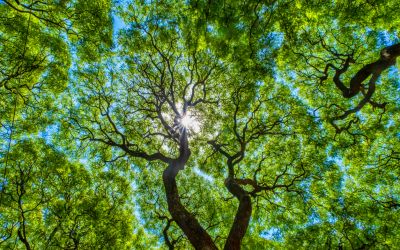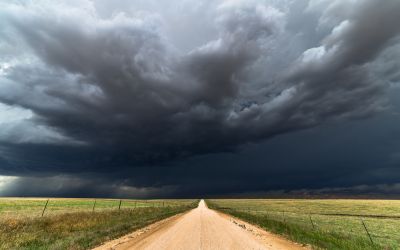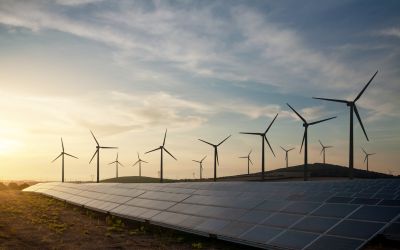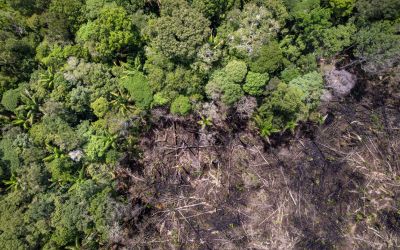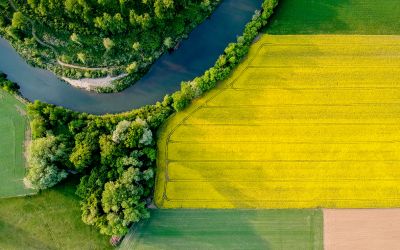Total area of forests equivalent to the size of France have regrown over the last 20 years
According to new analysis from Trillion Trees, nearly 59 million hectares of forests have regrown since 2000 – with the potential to store the equivalent of 5.9 Gt of CO2.
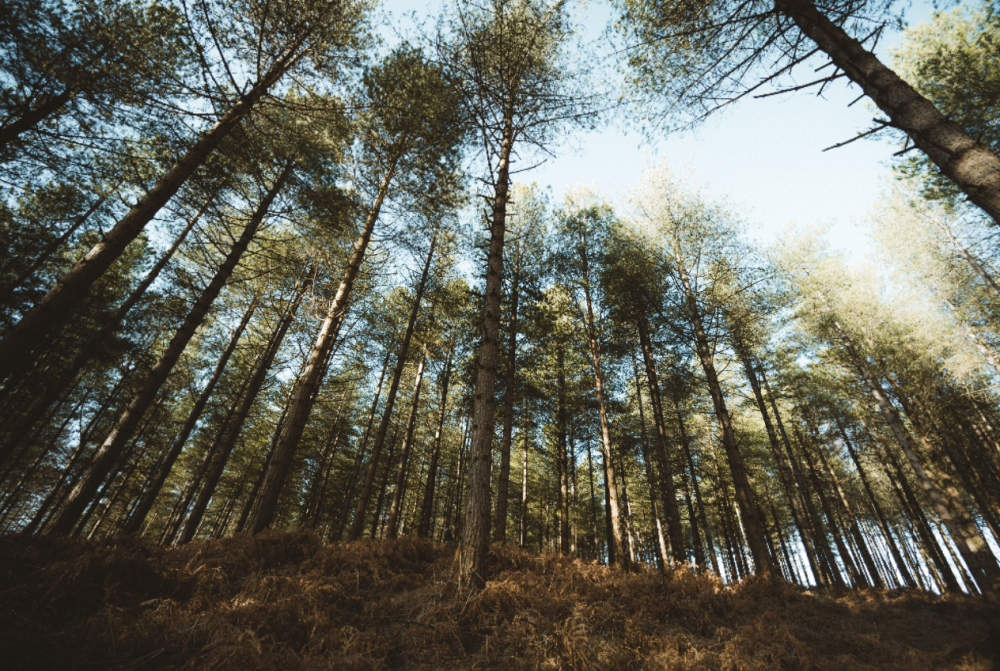
According to new analysis from Trillion Trees, nearly 59 million hectares of forests have regrown since 2000 – with the potential to store the equivalent of 5.9 Gt of CO2.
Trillion Trees is a joint venture between three of the world's largest conservation organisations - BirdLife International, Wildlife Conservation Society (WCS) and WWF - to end deforestation and restore tree cover.
William Baldwin-Cantello, Director of Nature-based Solutions at WWF, said “The science is clear: if we are to avoid dangerous climate change and turn around the loss of nature, we must halt both deforestation and restore natural forests.”
The study by Trillion Trees was designed to help inform restoration plans worldwide, to help understand where focusing reforestation efforts could be the most beneficial. Over 30 years’ worth of satellite imaging data has been examined as part of this two year research project, as well as surveying experts with on-the-ground knowledge of over 100 sites in 29 different countries.
The research highlights the Atlantic Forest in Brazil as a success story for regeneration, where an estimated 4.2 million hectares has regrown since 2000 – roughly the size of the Netherlands. This has occurred through a combination of planned restoration projects, more responsible industry practise and other factors including urban migration trends.
In the boreal forests of Mongolia’s northern wilderness, the research suggests that 1.2 million hectares of forest have regenerated in the last 20 years. This is thanks to the work of Trillion Trees partners WWF and from an increased emphasis from the Mongolian government on protected areas.
Baldwin-Cantello, added: "We’ve known for a long time that natural forest regeneration is often cheaper, richer in carbon and better for biodiversity than actively planted forests, and this research tells us where and why regeneration is happening, and how we can recreate those conditions elsewhere. But we can’t take this regeneration for granted – deforestation still claims millions of hectares every year, vastly more than is regenerated."
"To realise the potential of forests as a climate solution, we need support for regeneration in climate delivery plans and must tackle the drivers of deforestation, which in the UK means strong domestic laws to prevent our food causing deforestation overseas.”
Find out more here.

